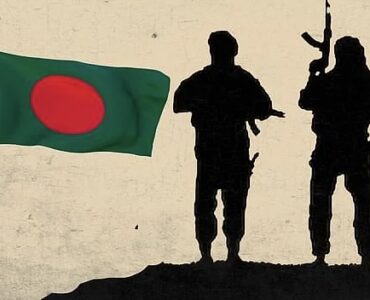
Further Reading
(I)
Designated Foreign Terrorist Organizations (FTO)
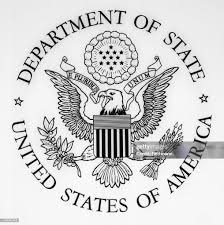
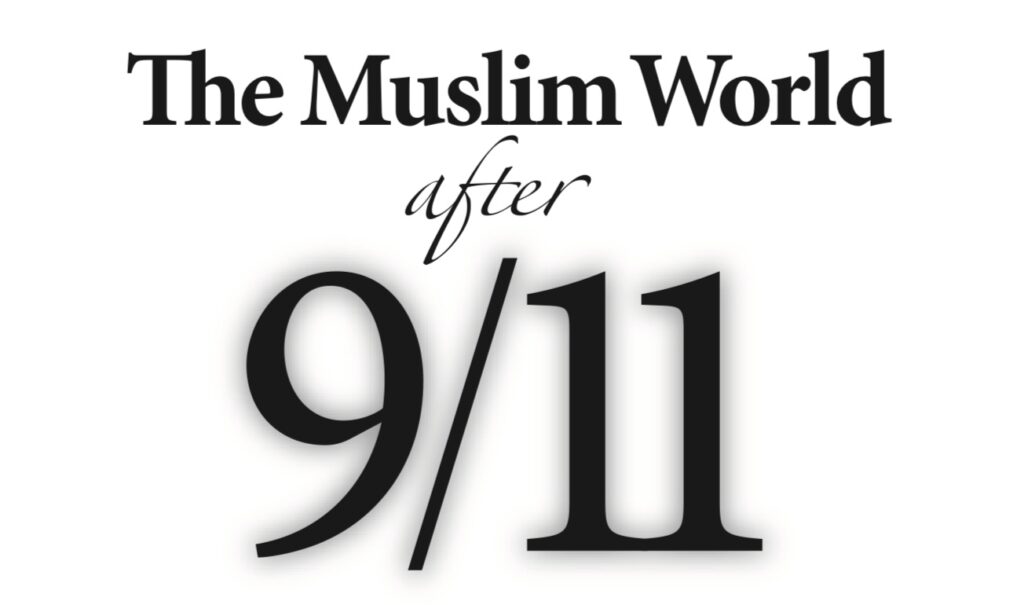
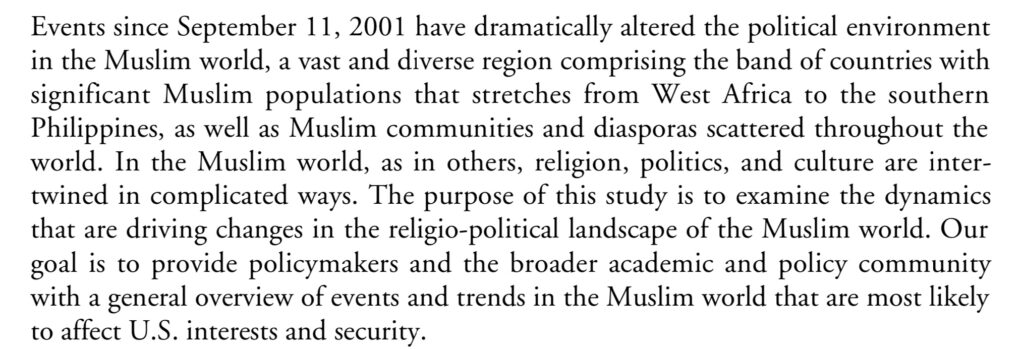
The Religious Sources Of Islamic Terrorism
By SHMUEL BAR
“WHILE TERRORISM — even in the form of suicide attacks — is not an Islamic phenomenon by definition, it cannot be ignored that the lion’s share of terrorist acts https://www.aclu.org/wp-content/uploads/legal-documents/ACLURM001331.pdfand the most devastating of them in recent years have been perpetrated in the name of Islam.
“This fact has sparked a fundamental debate both in the West and within the Muslim world regarding the link between these acts and the teachings of Islam. Most Western analysts are hesitant to identify such acts with the bona fide teachings of one of the world’s great religions and prefer to view them as a perversion of a religion that is essentially peace-loving and tolerant. Western leaders …… have reiterated time and again that the war against terrorism has nothing to do with Islam. It is a war against evil.”

The Islamic State (IS), al-Qaeda-linked groups, Boko Haram and other extremist movements are protagonists in today’s deadliest crises, complicating efforts to end them. They have exploited wars, state collapse and geopolitical upheaval in the Middle East, gained new footholds in Africa and pose an evolving threat elsewhere. Reversing their gains requires mavoiding the mistakes that enabled their rise. This means distinguishing between groups with different goals; using force more judiciously; ousting militants only with a viable plan for what comes next; and looking to open lines of communication, even with hardliners. Vital, too, is to de-escalate the crises they feed off and prevent others erupting, by nudging leaders toward dialogue, inclusion and reform and reacting sensibly to terrorist attacks. Most important is that action against “violent extremism” not distract from or deepen graver threats, notably escalating major- and regional-power rivalries.

Islam in Africa is the continent’s second most widely professed faith behind Christianity. Africa was the first continent into which Islam spread from the Middle East, during the early 7th century CE. Almost one-third of the world’s Muslim population resides in Africa. Muslims crossed current Djibouti and Somaliland to seek refuge in present-day Eritrea and Ethiopia during the Hijrah(“Migration”) to the Christian Kingdom of Aksum.[1] Like the vast majority (90%) of Muslims in the world, most Muslims in Africa are also Sunni Muslims;[2] the complexity of Islam in Africa is revealed in the various schools of thought, traditions, and voices in many African countries.
Executive Summary
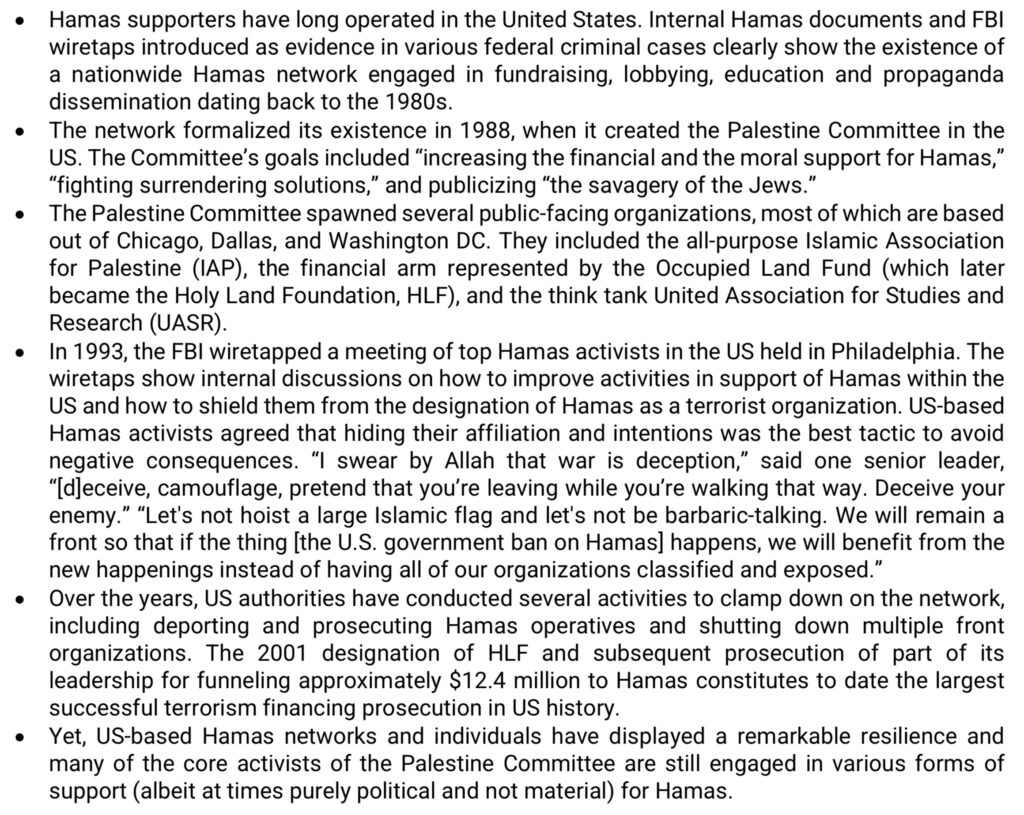
Islamic terrorism (also known as Islamist terrorism or radical Islamic terrorism or Jihadi terrorism) refers to terrorist acts carried out by fundamentalist militant Islamists and Islamic extremists.
Osama Bin Laden, the founder of multinational terrorist group Al-Qaeda, in November 2001.
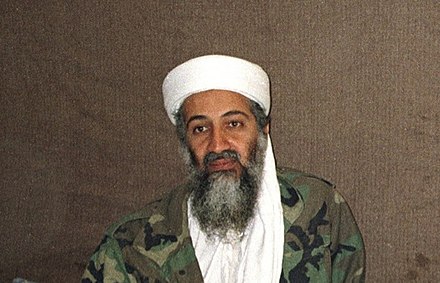
Since at least the 1990s, Islamist terrorist incidents have occurred around the world and targeted both Muslims and non-Muslims. Most attacks have been concentrated in Muslim-majority countries, with studies finding 80-90% of terrorists victims to be Muslim. The annual number of fatalities from terrorist attacks grew sharply from 2011 to 2014 when it reached a peak of 33,438, before declining to 13,826 in 2019. As of 2015, four Islamic extremist groups – Islamic State, Boko Haram, the Taliban, and al-Qaeda – were responsible for 74% of all deaths from terrorism. In some of the worst-affected Muslim-majority regions, these terrorists have been met by armed, independent resistance groups. Islamist terrorism has also been roundly condemned by prominent Islamic figures and groups.
Section 1400: Terrorism Links: Groups & Individuals
Further Reading
See COPYRIGHT information below.



